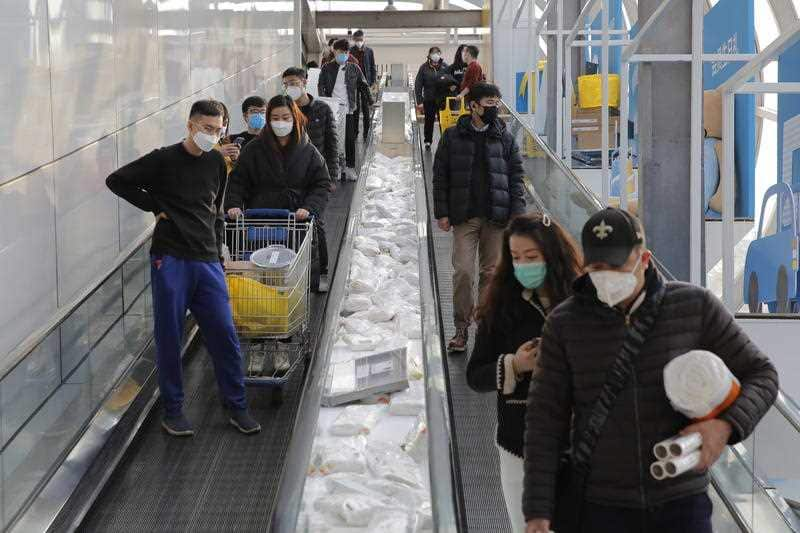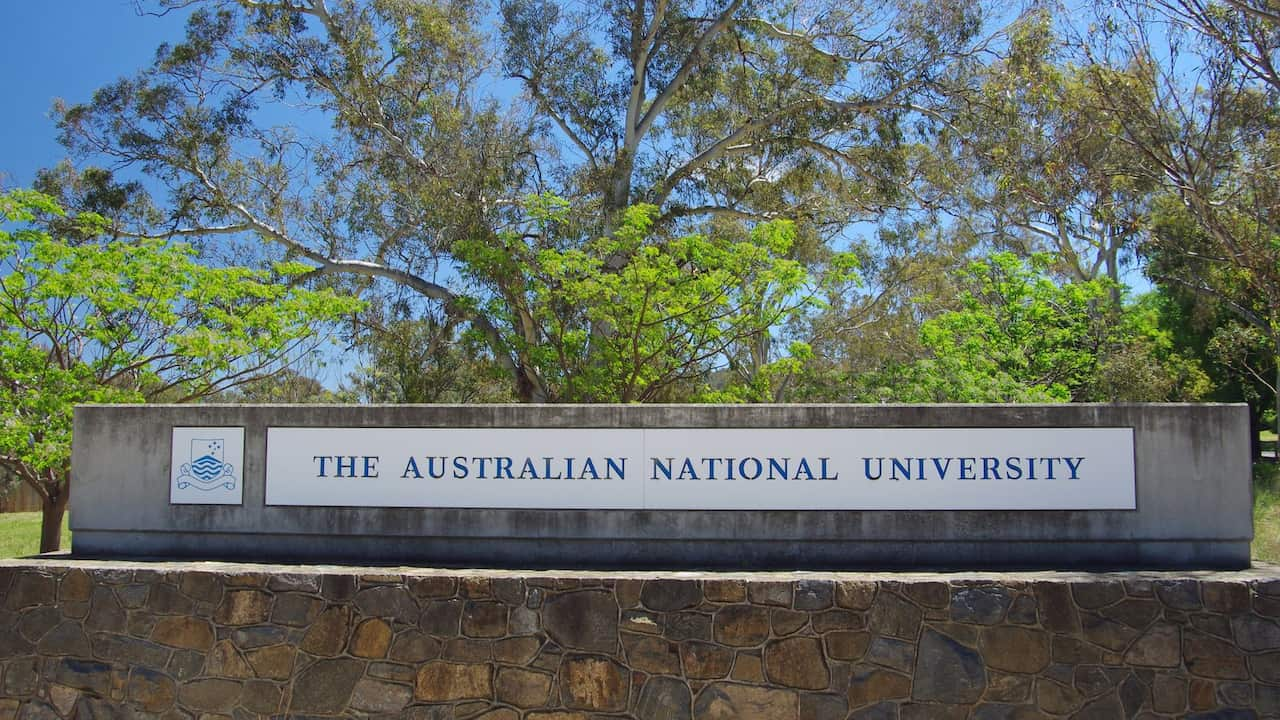As Australia continues to enforce its ban on travellers from mainland China, there are hundreds of university students trying to return to their studies via third countries.
However, as the number of confirmed COVID-19 cases continues to increase in Australia, SBS Mandarin understands that there is an increasing number of Chinese students who have decided to abandon their plans to return to Australia.
University of Melbourne student Richard Xu was one of them.
Currently in Thailand, he said he would not follow through with his plan to return to Australia by March 15 after learning about the spread of the virus in the country.
The COVID-19 outbreak has worsened in Australia over the past week, with the number of confirmed cases reaching 100.
Many of the cases are related to overseas travel, from Iran, South Korea and other countries, including a Chinese student who arrived in Australia via Dubai.
"If I was aware of this information before I set off [from China], I wouldn't have been heading to Australia via a third country," Mr Xu said.
He said the main reason for his decision to return to China was his “doubts” regarding the “effectiveness of prevention measures” in Australia.
Besides that, he believes it is “potentially risky” for Australia to allow Chinese students to return via third countries.

Fellow Melbourne University student Ann Chow* has also decided to return to China following a stint in Thailand.
She believes that her home province of Jiangsu “seems much safer than Australia” at the moment.
“If there was an outbreak in Australia, I would feel that my life would not have any guarantee. I’ll feel safer back in China,” she said.
Mr Xi and Ms Chow both said they were prepared to go through enforced quarantine or self-quarantine when they return to China, in order to protect their families.
“Not all the cities quarantine their returned travellers,” Ms Chow said.
“However, most of us will choose to do so. Otherwise, we put our family at risk.”
As China has identified cases from those who have returned from abroad, in many regions, there are enforced quarantine measures for travellers, including those who have entered from Australia.
'Very worried'
Australian National University student Xiuchen Zhan was “grateful” to have returned to Canberra before the federal government enforced the travel ban.
During the past month, he and fellow members of the university’s Chinese Students' Committee have been assisting students with various issues relating to the ban, including those in third countries.

He said it was important that students chose their route back to Australia “cautiously”, as there was a risk that student visas can be cancelled by border authorities.
The committee created eight groups on the Chinese messaging app WeChat after the travel ban was announced.
Each group has reached its membership limit of 500.
Mr Zhan said some 800 students had made their way back to campus, but there were hundreds remaining in China.
“Some students are still trapped back in China, including nearly 300 of them from Hubei province. It’s clear that they won’t be back here for this term,” he said.
ANU is offering up to $5000 to international students stuck in China as a result of the travel ban, a package similar to those announced by other Australian universities.
A number of universities are also providing online courses for students, and also waiving fees for re-enrolment if they fail during exam periods.
Mr Zhan said not all students would be covered by these measures, noting that some students were concerned about their future prospects.
He also pointed out that many students back on campus had “concerns” that Australia was not properly prepared for the situation.
“Some students visited the clinic at the campus and found that no one was wearing masks. They are very worried that if the virus spreads in Australia, it might be worse compared to China.”
